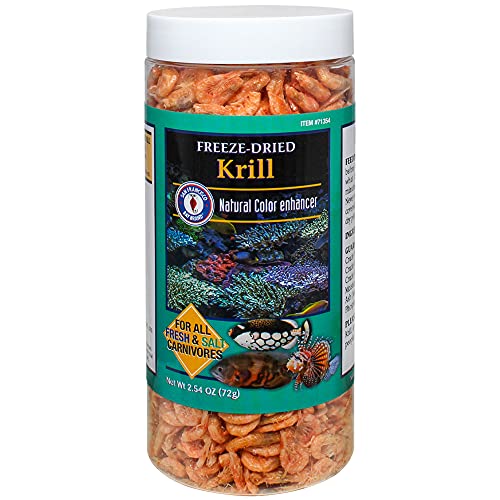Well, its all opinion right? I mean, I'm no marine biologist, so there isn't anything about what I type that comes from more than reading and experience. So, let me explain my thinking, and you can take it for what its worth.
Having dealt with them a few times, and read about them waaaaay more than that... the pattern you being to see is that 90% of diatom 'posts' come from new tanks (regardless of plumbing into an existing system, though more rare I think), and that almost all of those post result in short lived blooms that die off quickly. From what I understand the diatoms we usually see in our tanks use silicates to build their cell walls, and we aren't often adding 'free' silicate to our tanks.. and where that free silicate normally comes from is sand and to a lesser extent rock. So, if silicates are more a one time addition, and blooms tend to die off quickly, its kind of logically safe to assume that the ones in new tanks usually have a limiting factor of silicates. (only kind of logically safe because of the complexity of the system we're dealing with..)
If you do a general search as far as 'dissolving silicates' the results you get point to acids, and bleach is a base, not acidic.... so, I think the acid should have gotten the bulk of it, but the bleach wouldn't have done anything. The thing with acid is that it basically takes off a layer of rock, which almost seems that it might make it a little MORE possible to introduce free silicates as its likely the stuff that was in the 'previous' layer was bound. Don't know if that is valid, its another logic type leap.
Regardless, the 'good news' is that the likely hood is that they will use up the silicate in a short time, and if you siphon them out as you can, it shouldn't be an ongoing battle.





























































